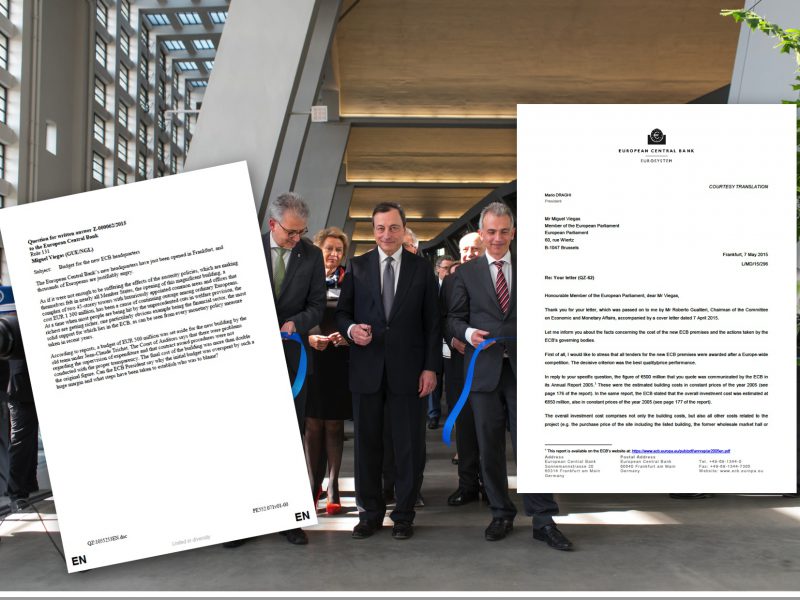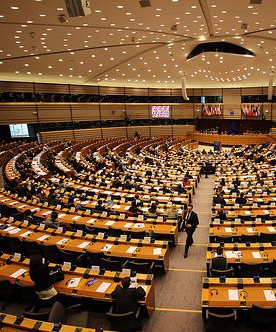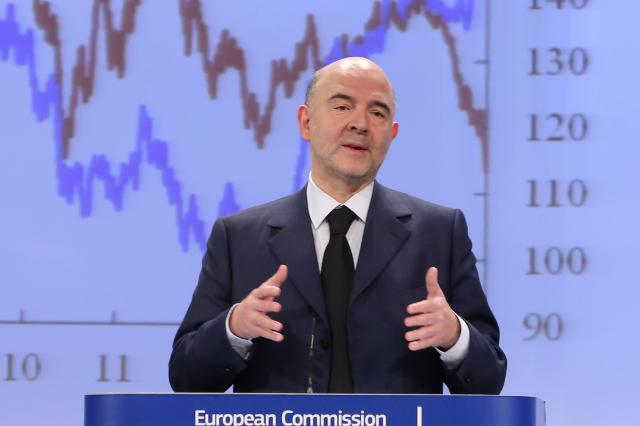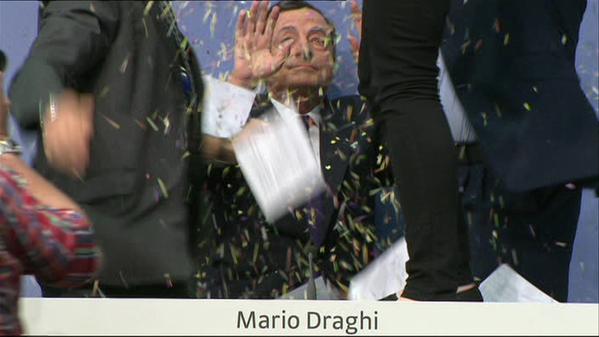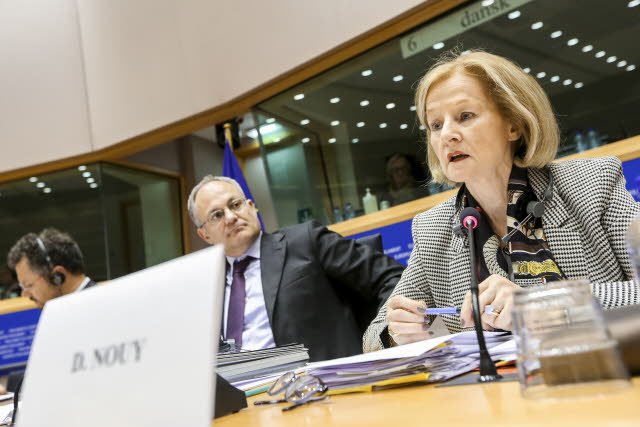Greek banks reopen for the first time in three weeks
In a bid to boost morale and ease the financial squeeze on Greek citizens, banks reopened on Monday, 20 July, after being closed for 3 weeks. Though banks are fully operational, withdrawals will still be capped at €60 per day, but now with the possibility to withdraw a whole week’s worth in one go. Restrictions on overseas payments remain in place. Also, trading on the Athens Stock Exchange is still frozen, along with clearing services and cash settlements for Greek securities.



